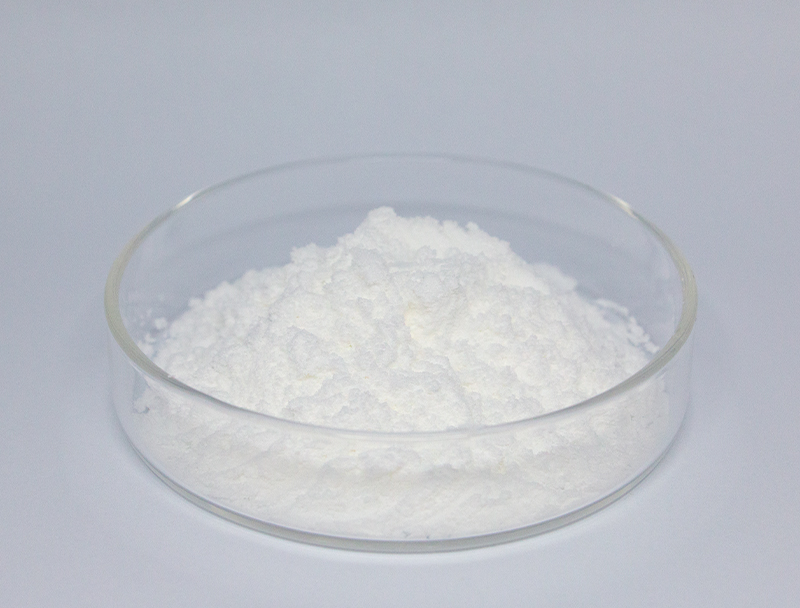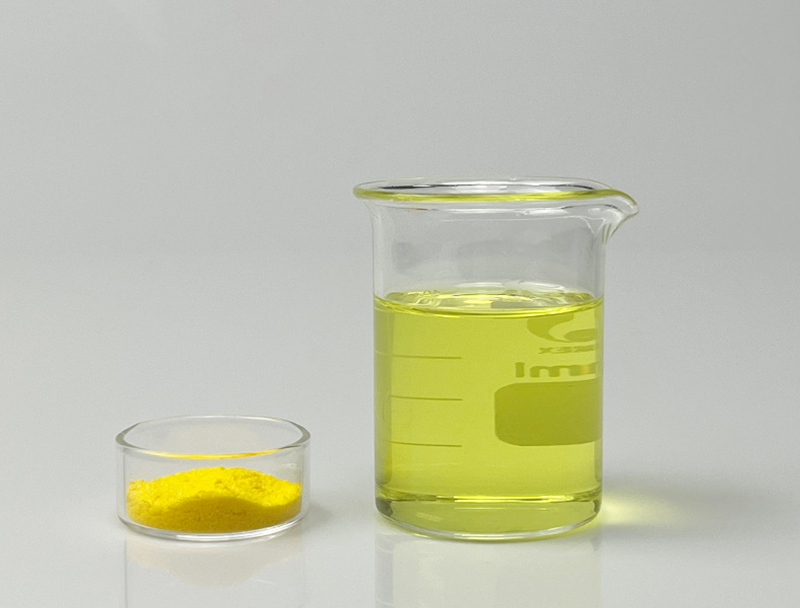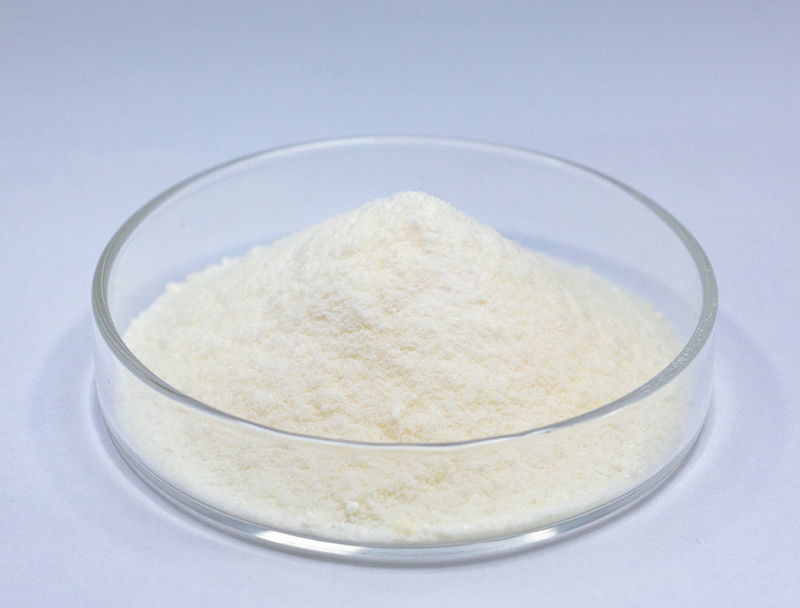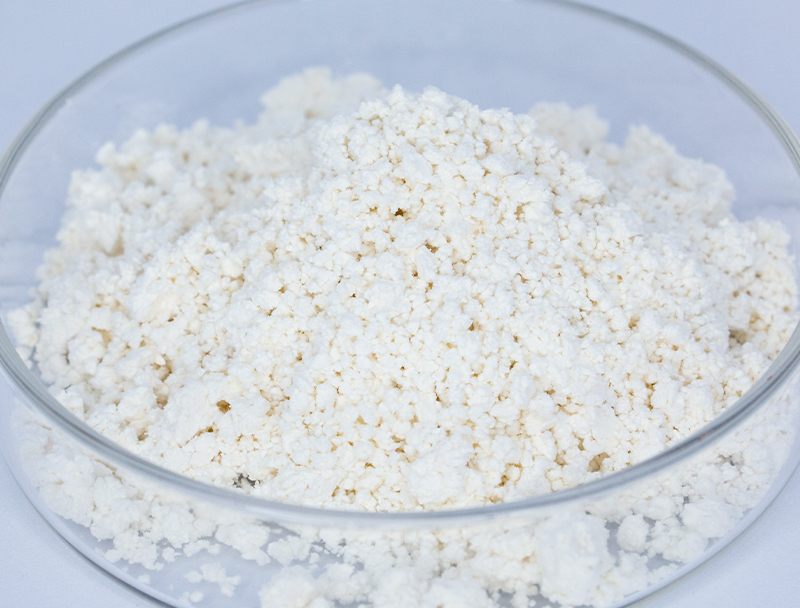
Bioprocessing depends strongly on a wide assortment of starting materials to yield progressive bio-based commodities.
Preserving sustainably sourced materials is paramount for the long-term viability and ethical growth of the industry.
an array of drawbacks from conventional supply chains like ecosystem disruption and unsustainable harvesting. Accordingly, manufacturers should embrace green sourcing tactics to shrink their ecological impacts.
- Cases of responsible feedstock strategies feature:
- Adopting organic-origin materials from crop remnants
- Adopting looped production models to decrease loss and amplify reuse
- Collaborating with regional vendors focused on fair procurement
Adopting sustainable feedstock strategies yields environmental wins alongside fiscal sustainability.
Tuning Feedstock Characteristics for Higher Biofuel Efficiency
Improving fuel production performance hinges on the attributes of biomass inputs. Research teams persist in studying techniques to boost feedstock performance, delivering enhanced conversion and a more resilient energy mix. Approaches include genomic enhancements to boost biomass growth and processing methods to convert complex lignocellulose into fermentable sugars.
- Likewise, initiatives explore candidates such as algal biomass, process wastes, and agricultural leftovers to extend sustainable feedstock availability for fuels.
- As a result of relentless efforts the industry should deliver significant enhancements paving a path to sustainable energy.

Enhanced Upstream Strategies for Biopharmaceutical Yield
involves foundational activities from cultivation to biomass harvest Contemporary breakthroughs have refined protocols and elevated product throughput.
Significant developments incorporate advanced biological platforms, tailored medium blends, and precision reactor engineering. These strategies improve manufacturing efficiency and lessen cost and ecological effects.
- Furthermore, there is a growing trend towards continuous processing in upstream processing, allowing for increased flexibility over the production process.
- Implementing cutting-edge manufacturing technologies will probably redefine workflows and accelerate innovation.

Gene Editing Breakthroughs That Elevate Biopharma Output
innovations in genome-editing toolsets have enhanced biopharmaceutical manufacturing. Through focused genomic edits within host strains, scientists increase expression of desired therapeutic proteins. This capability can unlock development of cost-efficient, high-performance biologics for many conditions.
Microbial Biotechnology as a Sustainable Cleanup Strategy
cutting-edge microbial approaches that remediate contamination sustainably. Various microbial strains are capable of breaking down toxins into safer constituents.. Utilizing microbial metabolism supports eco-friendly site cleanup methods that limit secondary harm from remediation.. Researchers screen diverse microbial taxa for metabolic pathways suited to remove heavy metals, pesticide residues, and hydrocarbon contamination.. Microbial strains work in bioreactor settings or on-site applications to convert pollutants through biological pathways..
Biological remediation using microbes yields meaningful benefits compared to conventional strategies. This route is often more affordable and reduces the formation of toxic residues. In addition, microbial approaches enable pollutant-specific treatment without broad ecological disruption. The field of microbial biotechnology continues to advance rapidly, with ongoing research focused on improving the efficiency and effectiveness of bioremediation strategies.
Bioinformatics' Impact on Drug Design
Advanced informatics contributes significantly to today’s drug research environment. From target discovery through candidate optimization, bioinformatics facilitates streamlined, hypothesis-guided workflows.
- By interrogating large-scale omics and clinical information, scientists find new targets and predict candidate efficacy.
- Similarly, modeling drug–target interactions streamlines design of compounds with better efficacy and selectivity.
- In summary, bioinformatics overhauls pharmaceutical R&D and quickens the path to safe therapeutics for patients.
Synthetic Biology Routes for Elevated Bioproduct Synthesis
employs a variety of strategies to augment the synthesis of valuable bioproducts within microorganisms. Methods might combine targeted gene changes to rechannel flux, regulatory element design to control expression, and exogenous gene introduction to provide fresh capabilities.. Via targeted metabolic optimization researchers can meaningfully escalate production of desired biochemicals.
This wide-ranging tactic can overhaul industries spanning medicine, agriculture, and energy production.

Scaling Biopharma: Difficulties and Strategic Opportunities
Industrial-scale production introduces demanding hurdles as well as strategic advantages. One major challenge is maintaining consistent product quality at increased scales. Overcoming this requires advanced process control, continuous monitoring, and sensitive analytical platforms.

Complexity in multi-step biomanufacturing operations presents ongoing operational challenges.. Converting small-scale procedures to plant-scale operations necessitates extensive innovation and optimization.. Even so, the payoff can be large. Achieved scale can widen availability of treatments, lower manufacturing costs, and boost financial N-Acetylneuraminic acid returns.
A range of strategies is being implemented to address scaling problems. These include the development of new technologies for process optimization, advanced analytics for real-time monitoring and control, and innovative manufacturing strategies.
- Developmental projects contribute critically to scaling manufacturing competency.
- Regulators are reforming approval systems to facilitate adoption of advanced manufacturing and nurture innovation.
Exploring Approval Frameworks for Biopharmaceutical Safety and Effectiveness
The development of biopharmaceuticals is a complex process that requires stringent regulatory oversight to ensure both patient safety and product efficacy. Biopharmaceuticals, often derived from biological sources, present unique challenges compared to traditional medications.
Agencies such as the FDA in the United States and the EMA in Europe play a crucial role in establishing guidelines and standards for the approval of these innovative therapies..
Thorough testing frameworks are compulsory during all stages of development including after market release.. These controls function to identify dangers and ensure biopharmaceuticals achieve premier safety standards..
Concurrently, regulatory organizations fine-tune methods to remain compatible with quick scientific advancements. Policies involve deploying novel tech and expediting development while preserving commitment to patient safety.

Plant-Derived Inputs for Next-Gen Bioplastics
Increasing interest in sustainable materials spurs innovation in renewable resource development. Plant-based bioplastics made from biomass feedstocks present a hopeful path to reduced plastic impact. Feedstocks including cornstarch, plant cellulose, and sugarcane derivatives yield biodegradable plastics which break down and mitigate plastic pollution.
Likewise, some plant-derived plastics perform similarly to petroleum-based materials for a variety of uses.. Ongoing studies and technology development are vital to exploit plant feedstocks for bioplastics and foster a circular economy.
Biotech's Role in Improving Global Health and Agricultural Resilience
Biotechnology has emerged as a powerful tool with the potential to revolutionize global health and address food security challenges. Through CRISPR, synthetic circuit design, and cell therapy progress, developers generate methods to counter infectious agents, optimize crops, and elevate nutritional profiles.. For instance, genetically modified crops can be engineered to resist pests and environmental stresses, leading to increased agricultural production and reduced reliance on harmful pesticides.. In addition, the field produces vaccines, treatments, and diagnostic tools that are central to fighting infections and improving health worldwide.. Continued scientific progress suggests biotechnology will increasingly underpin healthier, more sustainable societies worldwide.
